3rd India – Africa Forum Summit

Technical Data
| Date of Issue | October 29, 2015 |
|---|---|
| Denomination | Rs. 70 |
| Quantity | 200,000 |
| Perforation | 13½ |
| Printer | Security Printing Press, Hyderabad |
| Printing Process | Wet Offset |
| Watermark | No Watermark |
| Colors | Multicolor |
| Credit (Designed By) | Mr. Suresh Kumar Smt. Alka Sharma |
| Catalog Codes |
Michel IN BL132I Stamp Number IN 2752a Yvert et Tellier IN BF119 Stanley Gibbons IN MS3106 |
| Themes | Animals (Fauna) | Antelopes | Lions | Mammals | Rhinoceroses | Wild Cats |
Stamps in this Miniature Sheet
The Third India–Africa Forum Summit (IAFS–III) was held in New Delhi from 26–29 October 2015, marking a historic moment in the evolution of India–Africa relations. The first two summits were held in New Delhi (2008) and Addis Ababa (2011). For the first time, leaders of all 54 African nations with which India maintains diplomatic relations were invited, making it one of the largest diplomatic gatherings hosted by India.
Foundations of India–Africa Partnership
India and Africa share a deep-rooted history shaped by maritime trade through the Indian Ocean, centuries of cultural exchanges, and the presence of a vibrant Indian diaspora across Africa. This diaspora plays a significant role in the economic and social development of many African nations.
The partnership is guided by shared values—mutual respect, cooperation, inclusive development, and support for a fair global order. Both India and African countries advocate for an equitable international system, sensitivity toward developing nations’ concerns, and strengthened economic and strategic cooperation.
A Multidimensional, Development-Centric Partnership
IAFS–III underscores India and Africa’s commitment to a people-centric, development-oriented partnership. Key pillars include:
- Human resource development: Over 24,000 scholarships offered since the second summit, across 300+ training programmes in 60 premier Indian institutions. Scholarships for higher education were also expanded.
- Technical and capacity-building assistance: Cooperation in education, healthcare, agriculture, industrial development, and public administration.
- Development projects: India has extended concessional credit worth approximately 9 billion USD for about 140 projects across 40 African nations; around 60 of these are completed.
- Trade and investment: India–Africa trade has grown 20-fold in 15 years, doubling in the last five years to 72 billion USD in 2014–15. Indian investments in Africa are valued at 30–35 billion USD.
- Humanitarian support: India continues to assist African nations during natural disasters and crises.
- Shared priorities: Collaboration on food security, energy access, industrial growth, peacekeeping, and climate resilience.
Special focus is placed on Least Developed Countries (LDCs) and Small Island Developing States (SIDS), reflecting India’s commitment to inclusive growth.
Global Context and Strategic Importance
IAFS–III was held at a pivotal moment in global development:
- The 70th anniversary of the United Nations.
- Adoption of Agenda 2063 by the African Union.
- Initiation of the United Nations Agenda 2030 for Sustainable Development.
- The 50th anniversary of the Group of 77 (G77).
- The Third International Conference on Financing for Development (Addis Ababa, 2015).
- Preparations for COP 21 in Paris on climate change.
- The WTO Ministerial Conference in Nairobi scheduled for 2015.
In this context, India and Africa have built strong consensus on key global developmental priorities, aiming for inclusive economic progress, poverty eradication, and sustainable development.
Significance of IAFS–III
The Third India–Africa Forum Summit highlighted:
- The enduring bond of friendship and solidarity between India and Africa.
- India’s commitment to Africa’s long-term development aspirations.
- A shared vision for a future based on equality, empowerment, and mutual prosperity.
- The blueprint for deepening diplomatic, economic, and strategic cooperation over the coming decades.
IAFS–III stands as a landmark in charting the future course of India–Africa engagement, reaffirming both regions’ commitment to working together for global peace, equitable development, and sustainable growth.

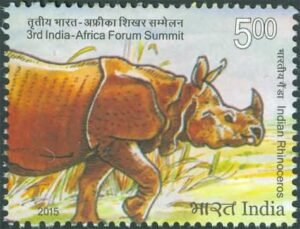
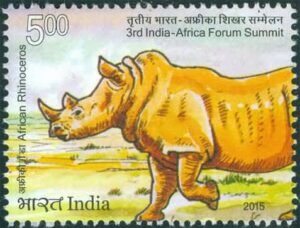
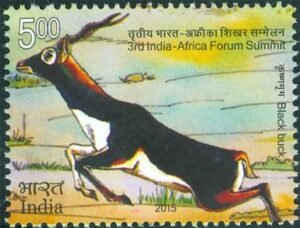
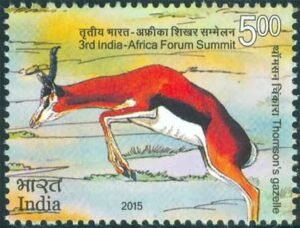
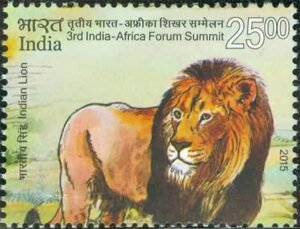
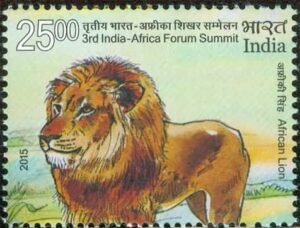
Leave a Comment
You must be logged in to post a comment.